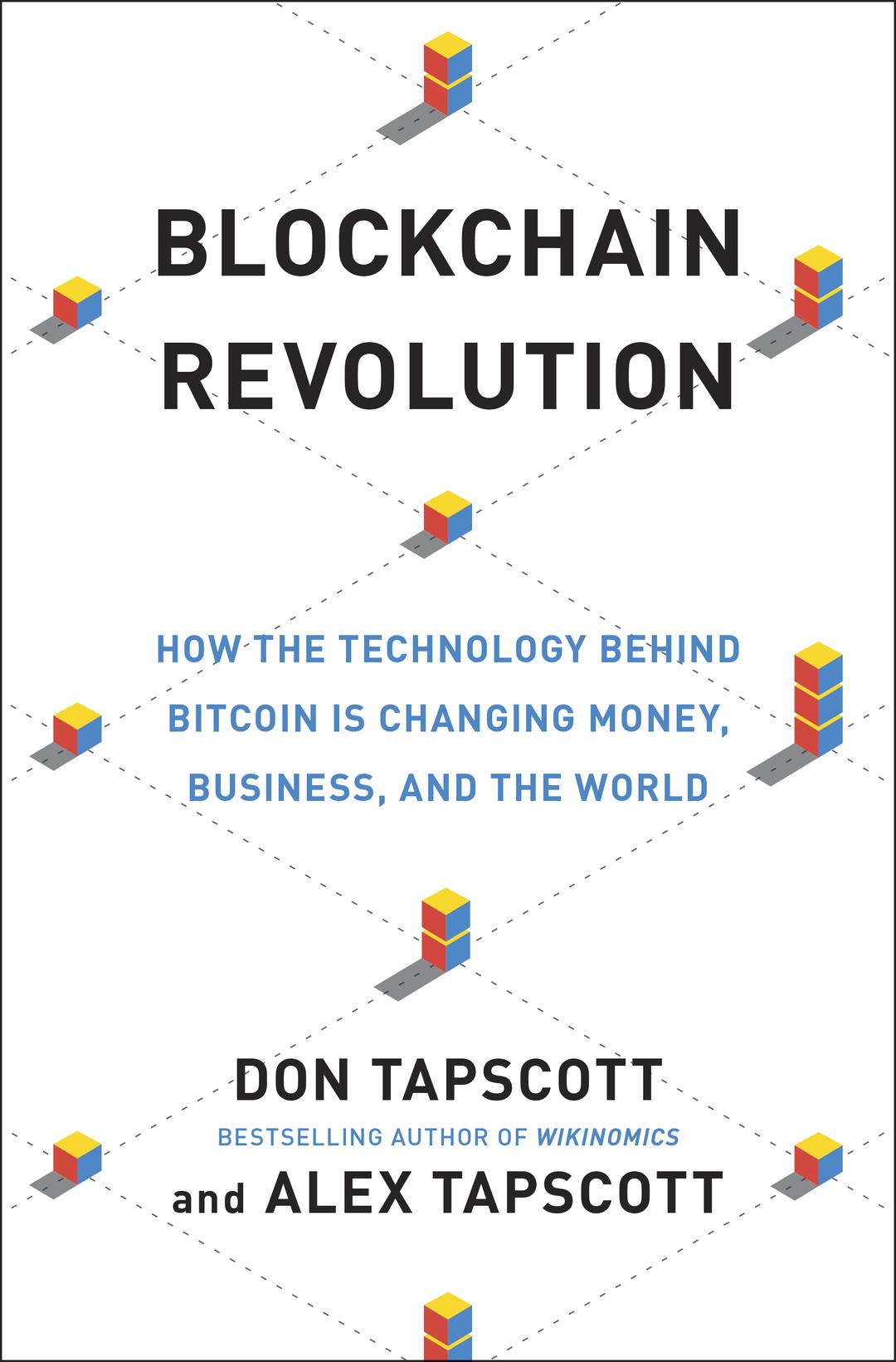Nora Young talks about Bitcoin, blockchain and the next internet revolution on CBC Radio’s Spark.
She begins with a robust explanation of Bitcoin and blockchain, and interviews Alex Tapscott to delve deeper into the possibilities of blockchain. Nora asks what they mean by calling blockchain “trustless” and what “Trust Protocol” is. Alex says that in the first generation of the internet, we’ve had to use intermediaries to establish trust and identity. In this next generation of the internet, businesses, institutions and individuals can transact in a peer-to-peer way that’s decentralized.
They talk about the music industry, and how songwriters and artists are making less money because of digital streaming services. Imogen Heap is working to fix that with Mycelia, which uses the Ethereum blockchain.
Imogen Heap is even using it to sell music, because she then directly gets the royalties, and they are paid to her immediately every time her song is played, for a fair price. There are no companies between her and her listeners, like Spotify or iTunes, to take a cut along the way.
The downside, Alex points out, is that blockchain technology requires a lot of computing power, and could put a lot of people out of work. And he acknowledges that there will have to be some pretty significant changes in education, governance and law before it will become fully valuable. In short, a revolution in the way we learn, govern, and interact.
“We need a new social contract,” he says.
Find the full audio and article at CBC Radio.
Photo: BTC Bitcoin/Flickr/Creative Commons

